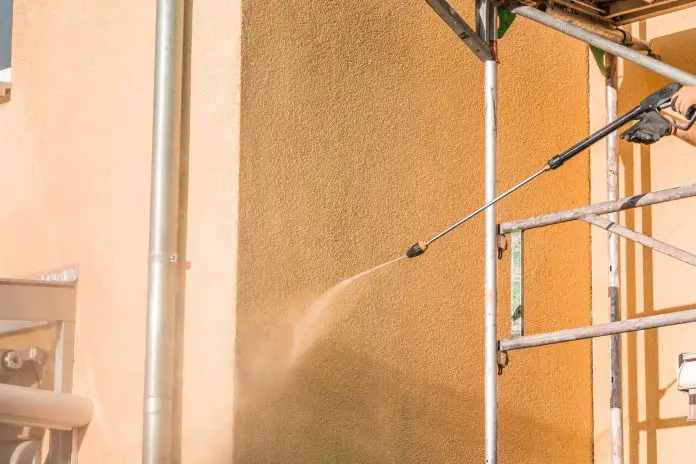Key Takeaways
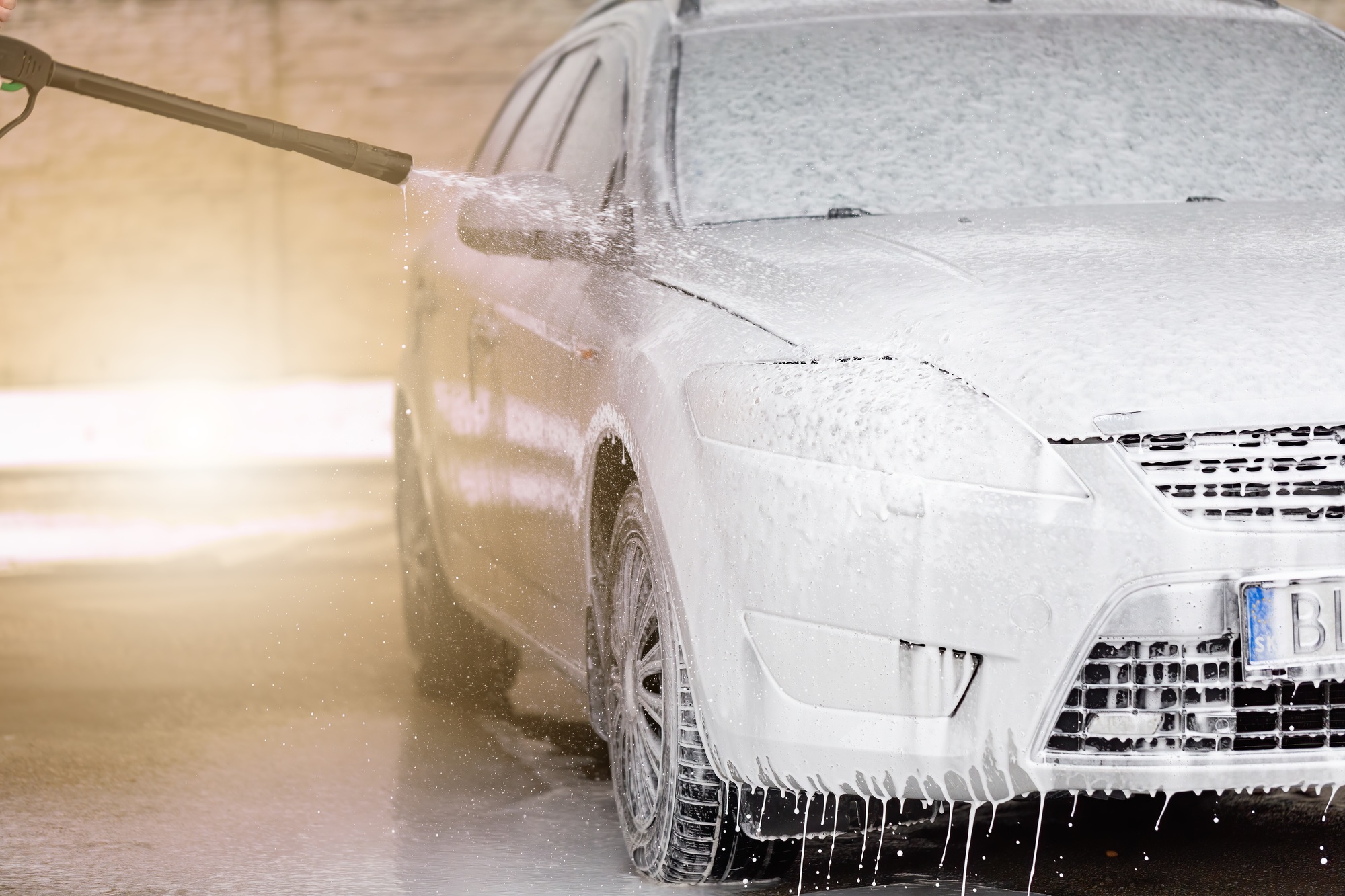
- Solid Business Plan: A well-structured business plan is crucial for guiding your pressure washing business, defining goals, and securing funding.
- Market Analysis: Understanding your target market and evaluating local competition allows you to position your services effectively in the industry.
- Service Offerings: Clearly defining both residential and commercial services, along with specialized options, enhances your business’s appeal and market reach.
- Pricing Strategies: Implement competitive pricing strategies, such as cost-plus and market-based pricing, to attract customers while ensuring profitability.
- Effective Marketing: Utilize a mix of online marketing, networking, and referral programs to establish a strong presence and build long-term customer relationships.
- Financial Projections: Estimate startup costs and potential revenue to create a realistic outlook for your pressure washing business, guiding you toward financial success.
Starting a pressure washing business can be an exciting venture, especially with the growing demand for clean surfaces in both residential and commercial settings. If you’re looking to dive into this profitable industry, having a solid business plan is essential. It’s your roadmap to success, guiding you through everything from equipment purchases to marketing strategies.
Understanding Pressure Washing Business Plan
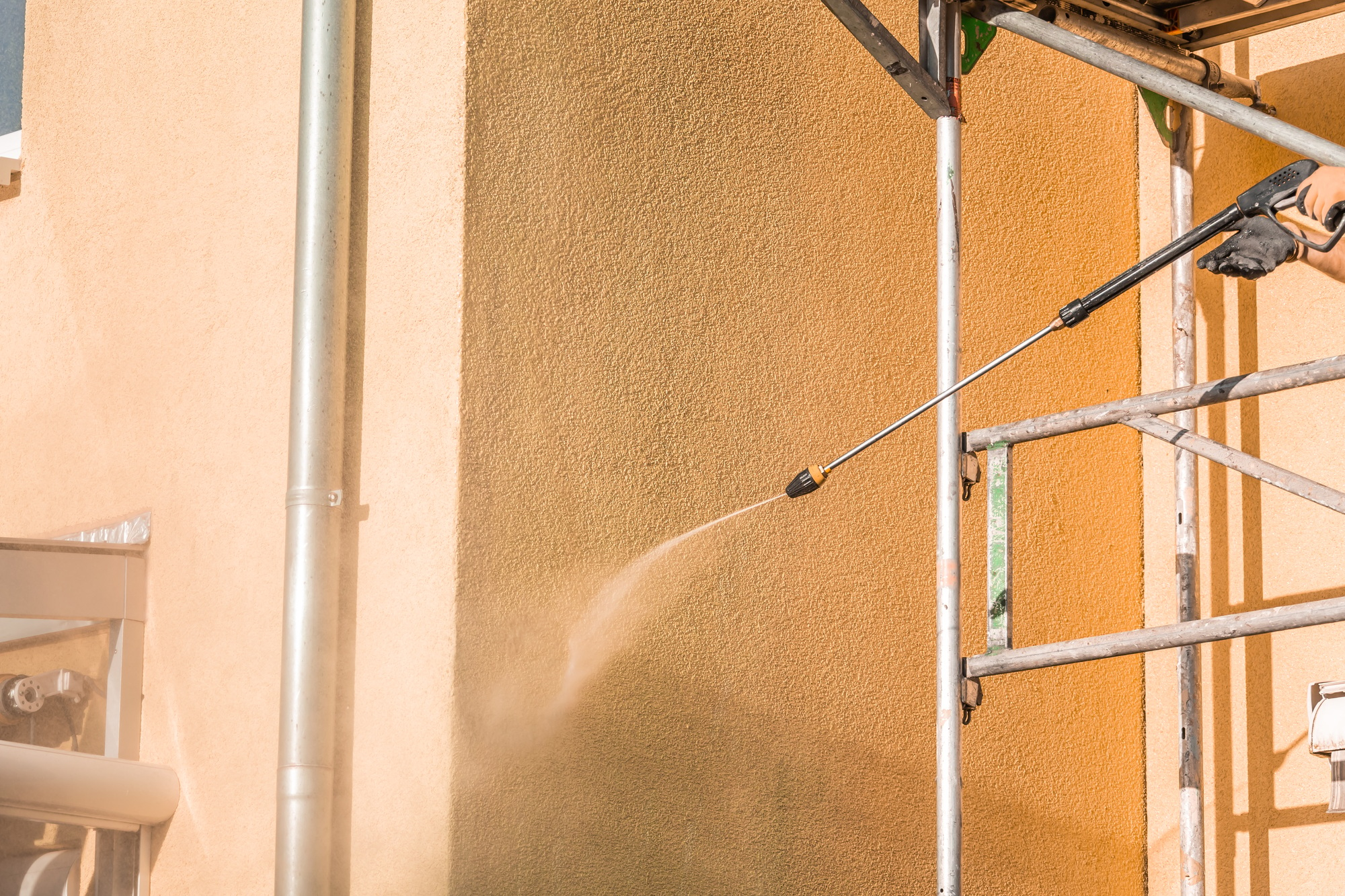
A pressure washing business plan acts as a strategic guide for entrepreneurs looking to start a small business in this growing industry. Such a plan outlines essential steps and considerations, ensuring your venture is set for success.
Importance of a Business Plan
A business plan provides clarity and direction for your pressure washing business. It helps you define your target market, set realistic financial goals, and establish marketing strategies. Additionally, it’s crucial for securing funding from investors or financial institutions. By clearly presenting your business concept and anticipated revenues, you increase your chances of obtaining necessary capital.
Key Components of a Business Plan
- Executive Summary: Summarize your business idea, mission statement, and goals.
- Market Analysis: Research and analyze the demand for pressure washing services in your area, examining competitors and potential customers.
- Marketing Strategy: Outline how you’ll promote your services, including online marketing, local advertising, and partnerships with other businesses.
- Operational Plan: Detail day-to-day operations, including equipment purchases, staffing requirements, and service delivery processes.
- Financial Projections: Create forecasts for revenue, expenses, and profitability, enabling you to track your business performance over time.
- Appendices: Include any additional documents, such as resumes, permits, or contracts that support your business plan.
Market Analysis
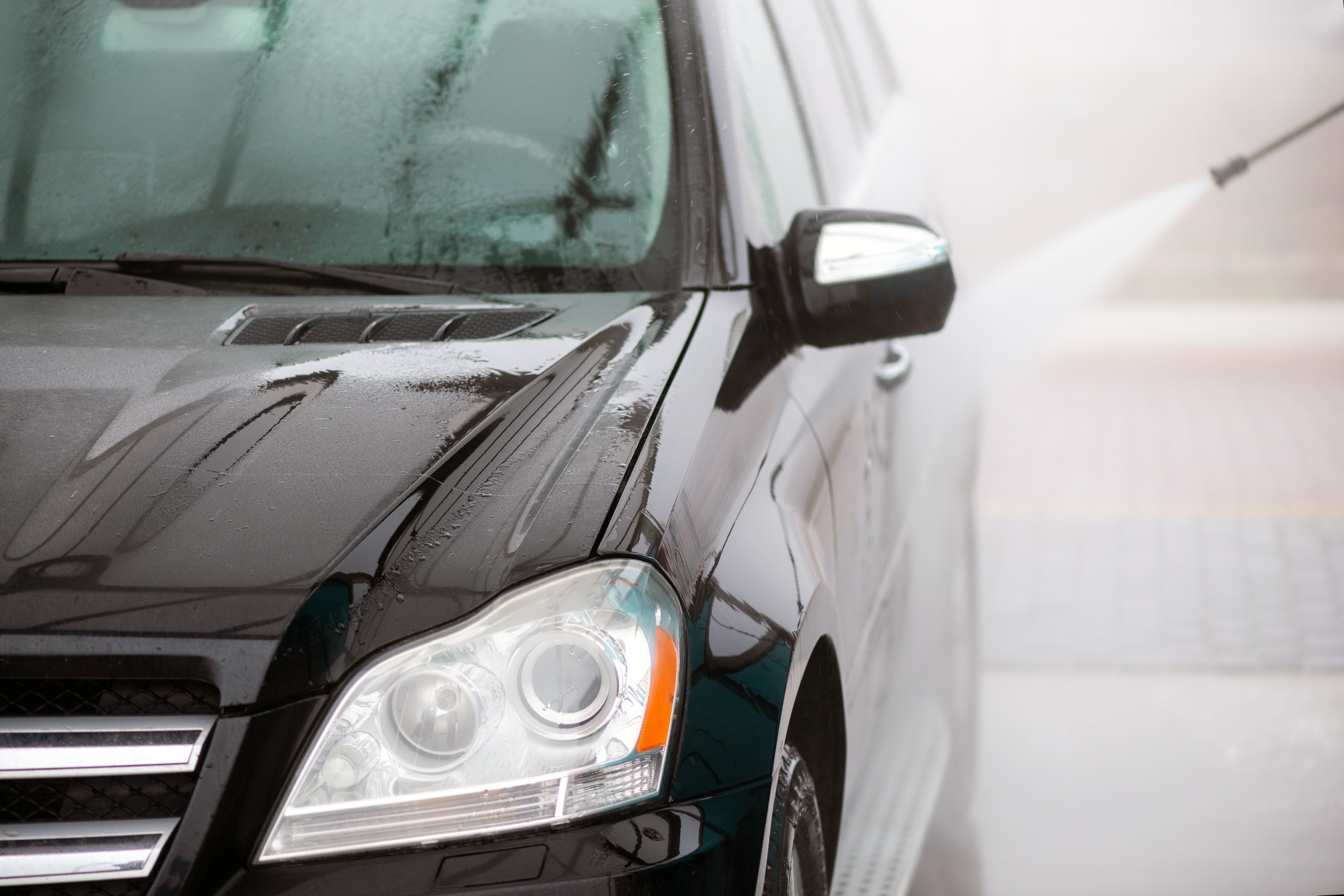
Understanding the market is essential for your pressure washing business plan. You’ll need to examine industry trends, define your target market, and analyze your competition.
Identifying Your Target Market
Identifying your target market helps you tailor your services effectively. Focus on both residential and commercial sectors. For residential clients, consider homeowners seeking cleaning solutions for driveways, patios, and siding. For commercial clients, target businesses in construction, automotive, and manufacturing that require regular maintenance. Additionally, research demographics in your area, as this will guide your marketing strategies.
Analyzing Competition
Analyzing competition is vital for positioning your pressure washing business. Identify local competitors and evaluate their services, pricing, and customer reviews. Map their strengths and weaknesses to find gaps in the market. Offer unique services or superior customer service to differentiate yourself. Keeping track of competitors’ marketing tactics allows you to refine your own strategies and attract more customers.
Service Offerings
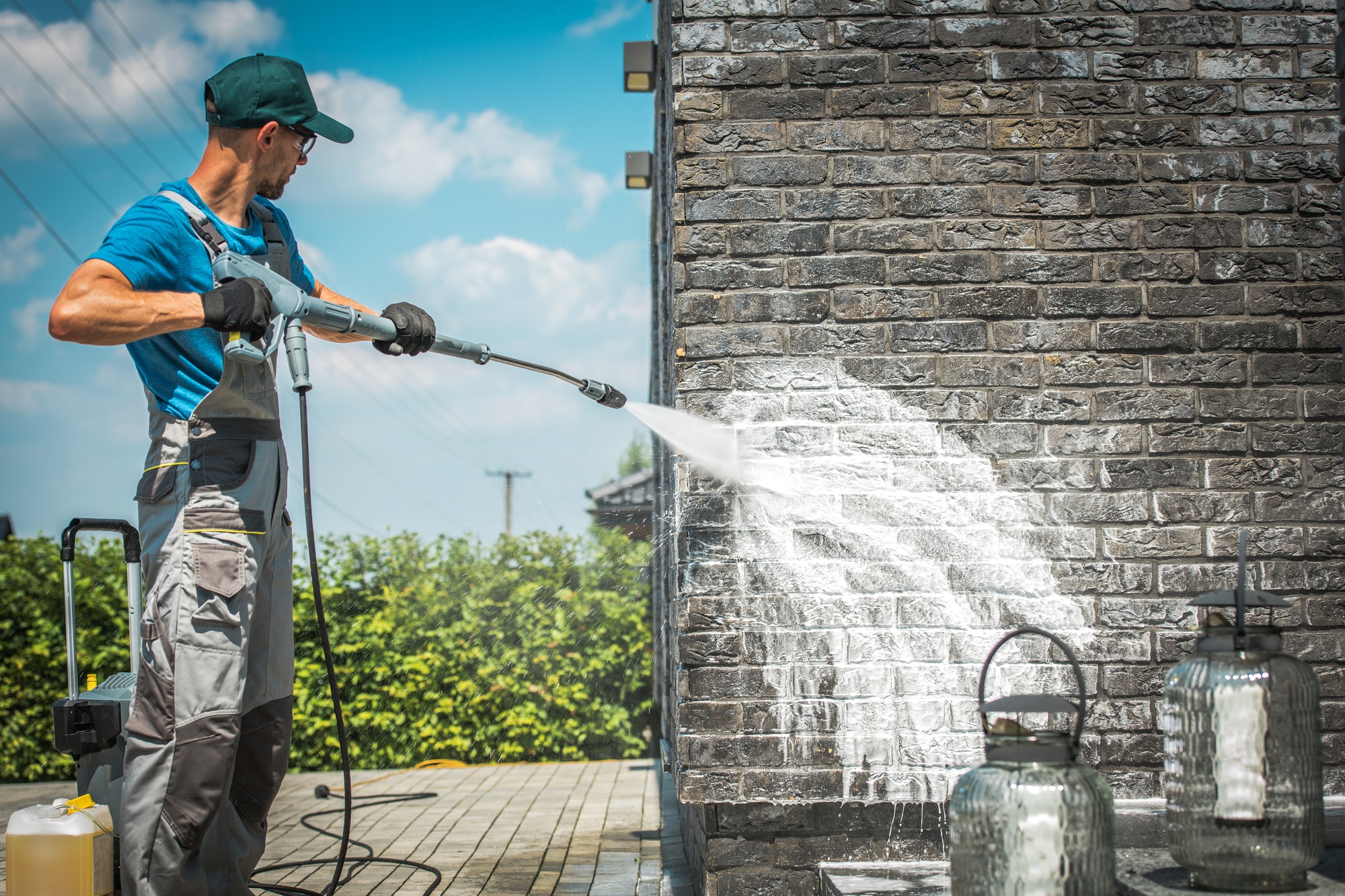
Clearly defining your service offerings is essential for positioning your pressure washing business effectively in the market. These services should address specific needs of your target audience while highlighting the value you provide.
Types of Pressure Washing Services
- Residential Cleaning: Focus on cleaning surfaces like driveways, sidewalks, siding, decks, and patios. Homeowners often seek these services to enhance curb appeal and maintain property value.
- Commercial Cleaning: Provide pressure washing for parking lots, store exteriors, office buildings, and other commercial properties. Businesses benefit from a clean and professional appearance, attracting customers and ensuring safety.
- Specialized Services: Offer services such as roof and gutter cleaning, post-construction cleanup, and window cleaning. These specialized options cater to unique customer needs and can enhance your overall service portfolio.
- Additional Services: Consider including deck restoration, fleet washing, or other related cleaning services. Diversifying your offerings can help generate additional revenue streams and attract different customer segments.
Pricing Strategies
Establishing competitive and transparent pricing is vital for your pressure washing business.
- Cost-Plus Pricing: Calculate the total costs, including labor, equipment, and materials. Add a markup to ensure profitability while remaining competitive.
- Market-Based Pricing: Research local competitors to determine average pricing. Position your pricing strategically within the market to attract clients without undervaluing your services.
- Promotional Pricing: Implement discounts or package deals for new clients or for bundled services. This encourages initial interest and builds loyalty among customers.
By clearly delineating your service offerings and developing effective pricing strategies, you align your pressure washing business with market demands and enhance your chances of success.
Marketing Strategies
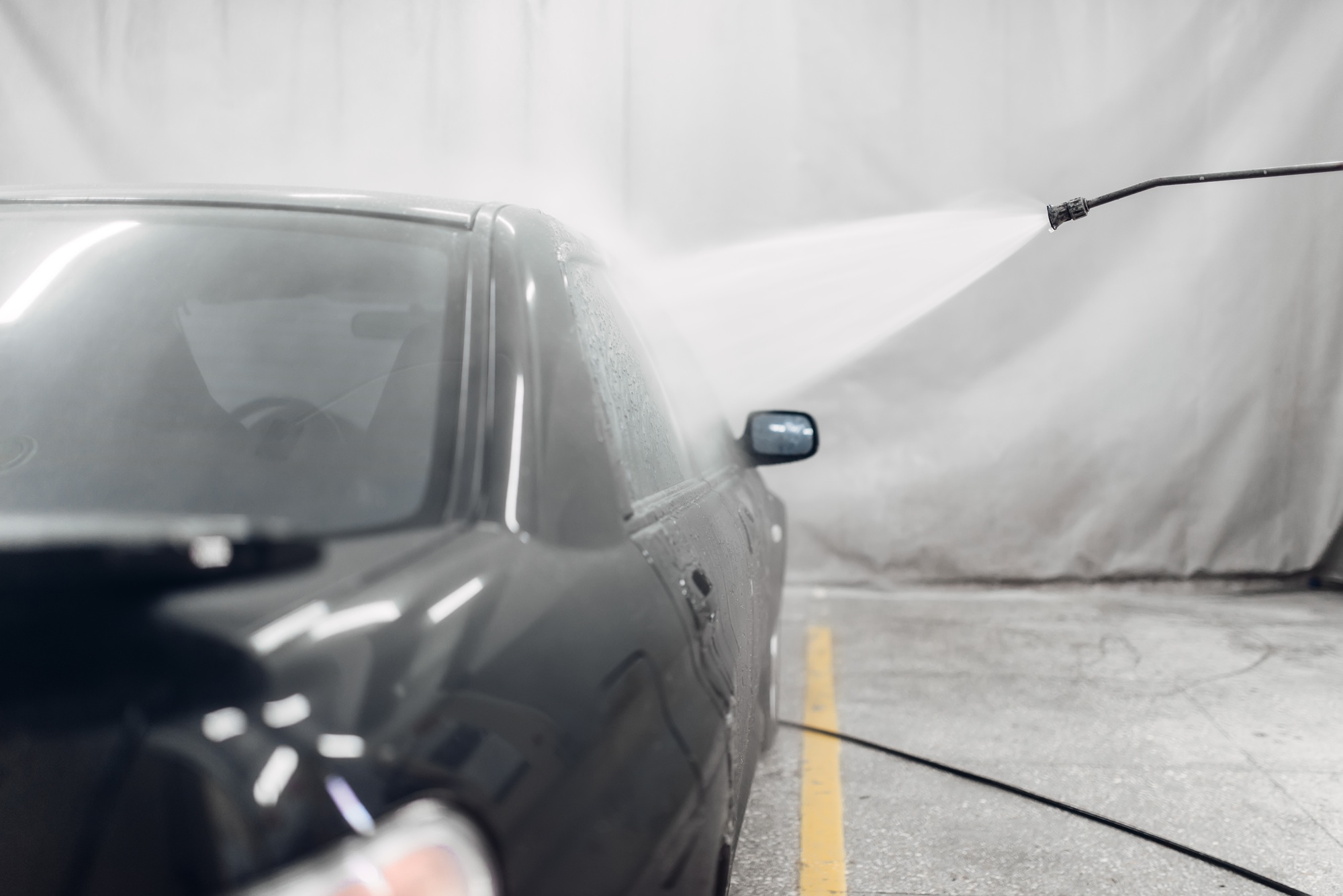
Effective marketing strategies form the backbone of a successful pressure washing business. You should focus on positioning your brand as a client-centered service that prioritizes quality and fair pricing, which establishes long-term customer relationships.
Online Marketing Techniques
Implement a mix of online marketing techniques to boost your visibility.
- Social Media Marketing: Engage potential clients on platforms like Facebook, Instagram, and LinkedIn. Share before-and-after photos of your work to demonstrate quality and build trust with your audience.
- Search Engine Optimization (SEO): Optimize your website with local keywords to increase search engine rankings. Through effective use of SEO, you can attract local customers searching for pressure washing services.
- Email Marketing: Develop an email list to keep clients informed about promotions and service offerings. Sending regular newsletters can help maintain engagement and encourage repeat business.
Networking and Referrals
Networking remains a vital component of your marketing strategy.
- Local Events: Attend local community events to showcase your services. This face-to-face interaction builds strong connections with potential clients.
- Referral Programs: Create incentives for satisfied customers to refer friends and family. Providing discounts for referrals can significantly increase your client base.
- Partnerships with Related Businesses: Collaborate with businesses such as real estate agencies or landscaping services to refer clients to each other. Establishing these partnerships can result in mutually beneficial opportunities.
Incorporating these marketing strategies into your business plan enhances your chances of establishing a successful pressure washing business.
Financial Projections
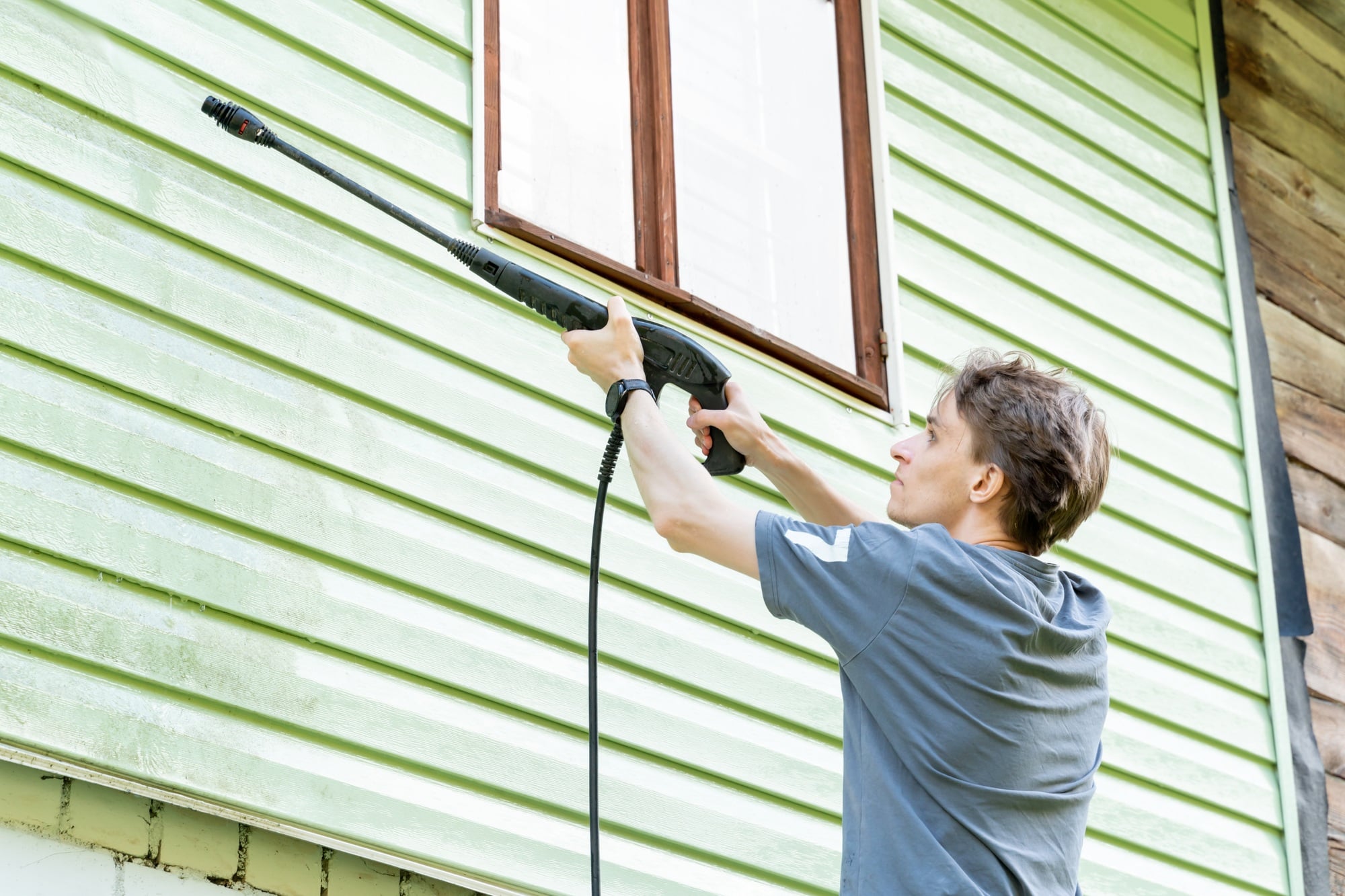
Financial projections play a crucial role in your business plan, providing a clear overview of anticipated costs and revenue for your pressure washing business.
Startup Costs
Startup costs for starting a pressure washing business can vary significantly. Here are some general estimates:
- Total Startup Cost: Ranges from $500 to $15,000, depending on service scope and business scale.
- Business License and Registration: Costs range from $75 to $400, necessary for legal operation.
- Business Insurance: Expenses range from $700 to $1,200 or more, protecting your business and assets.
- Pressure Washing Equipment: Equipment costs range from $600 to $2,600, essential for providing quality services.
- Utility Trailer: If needed, expect to spend around $1,500 for transportation.
- Vehicle Purchase and Maintenance: If you require a truck, costs range from $10,000 to $30,000+, impacting initial investment.
- Marketing and Initial Working Capital: Costs vary; consider allocating funds for effective marketing.
Revenue Estimates
Revenue primarily derives from pressure washing services. Here are potential earnings insights:
- Residential Services: Charging $0.10 to $0.50 per square foot for services like driveway and patio cleaning can help attract homeowners.
- Commercial Services: Pricing may range from $0.20 to $1.00 per square foot, targeting businesses needing exterior cleaning.
- Specialized Services: Offering services such as roof cleaning for approximately $250 to $500 per project enhances revenue opportunities.
- Initial Year Projections: Many startups report revenues between $10,000 and $50,000 in their first year, depending on local demand and marketing effectiveness.
Understanding these financial projections helps you create a solid business plan, guiding your pressure washing venture toward profitability.
Conclusion

Starting a pressure washing business can be a rewarding venture when you approach it with a solid plan. A well-crafted business plan not only clarifies your vision but also equips you to navigate the competitive landscape effectively. By understanding your target market and defining your services, you can tailor your offerings to meet client needs.
Implementing strategic marketing and pricing strategies will help you attract and retain customers. Additionally, keeping a close eye on financial projections ensures your business remains on track for profitability. With the right preparation and commitment, your pressure washing business can thrive in this growing industry.
Frequently Asked Questions
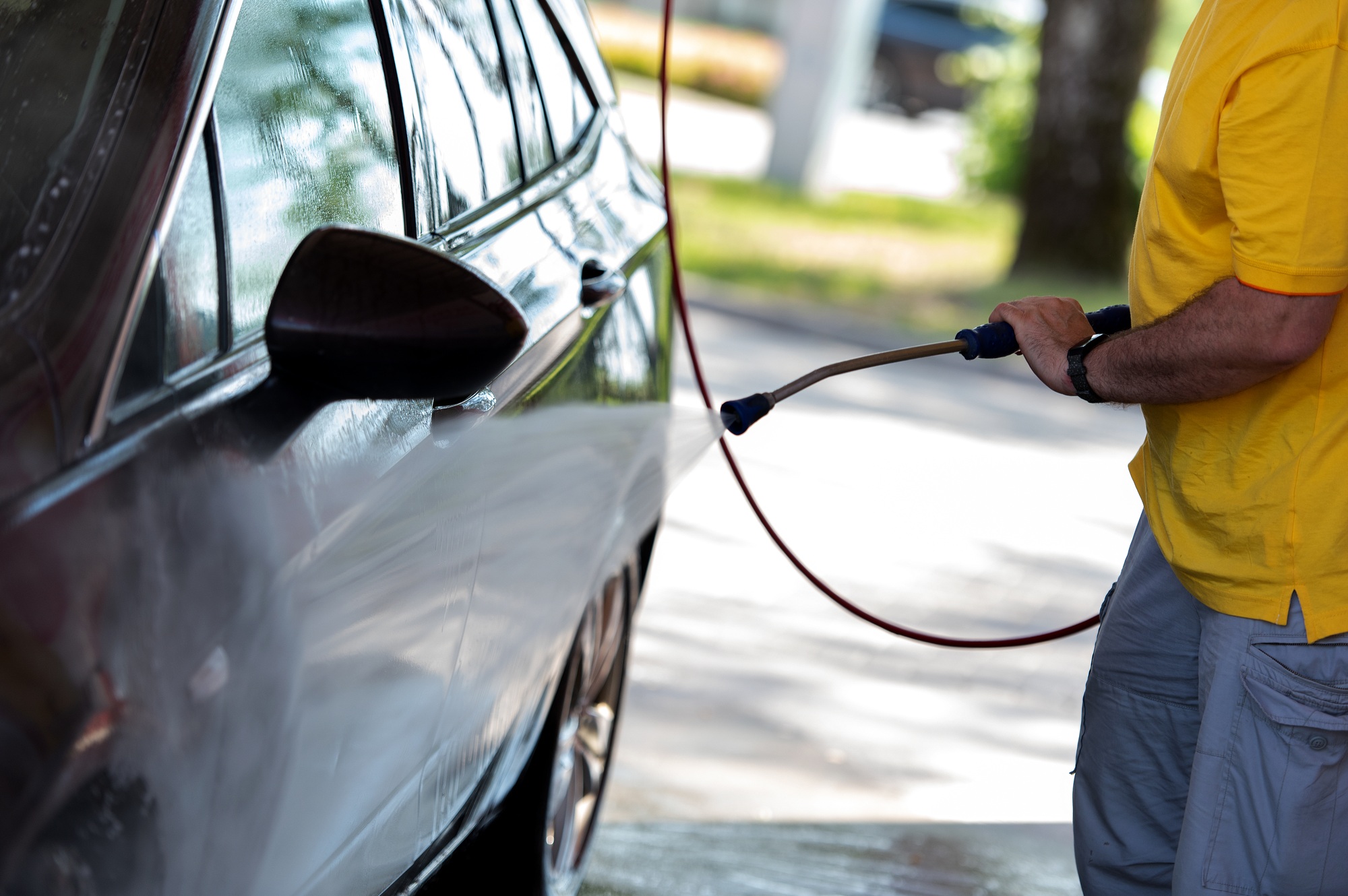
What is a pressure washing business?
A pressure washing business involves cleaning surfaces using high-pressure water jets. This service is in demand for both residential and commercial properties, as it effectively removes dirt, grime, and stains from various surfaces.
Why is a business plan important for a pressure washing business?
A business plan is essential as it outlines your strategy, including market analysis, service offerings, and financial projections. It serves as your roadmap for success and helps secure funding from lenders.
What should be included in a pressure washing business plan?
Key components of a pressure washing business plan include an executive summary, market analysis, marketing strategy, operational plan, financial projections, and appendices. These elements guide your business’s growth and performance.
How do I define my target market for pressure washing?
To define your target market, analyze industry trends and evaluate local demand. Focus on residential clients needing driveway and patio cleaning and commercial clients in sectors like construction and automotive.
What types of services can I offer in a pressure washing business?
Services can include residential cleaning (driveways, siding), commercial cleaning (parking lots, store exteriors), specialized services (roof cleaning), and additional services like deck restoration and fleet washing.
What pricing strategies work for a pressure washing business?
Effective pricing strategies include cost-plus pricing, market-based pricing, and promotional pricing. These methods help ensure profitability while attracting and retaining clients.
How can I market my pressure washing business effectively?
Effective marketing strategies include social media engagement, SEO for online visibility, email marketing for client retention, and networking. Building referral programs and partnerships can also boost client acquisition.
What are the startup costs for a pressure washing business?
Startup costs can range from $500 to $15,000, depending on the services offered. Major expenses include business licenses, insurance, equipment, and marketing efforts.
What are the expected revenues for a pressure washing business?
Revenue estimates suggest that residential services can charge $0.10 to $0.50 per square foot, while commercial services may range from $0.20 to $1.00 per square foot. Initial year revenues typically fall between $10,000 and $50,000.
Image Via Envato: zelmab, Vladdeep, Tatiana_Mara, NomadSoul1, duallogic, SkloStudio, Brebca, WildMediaSK


